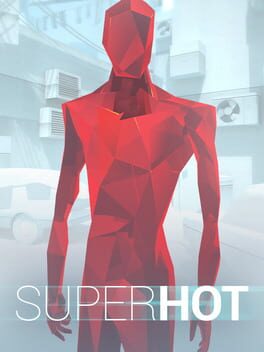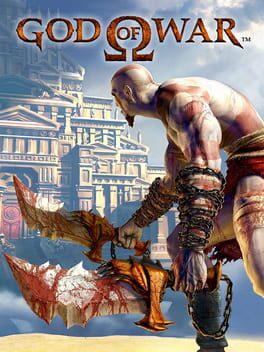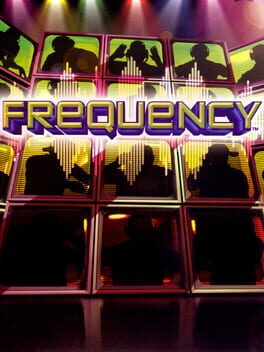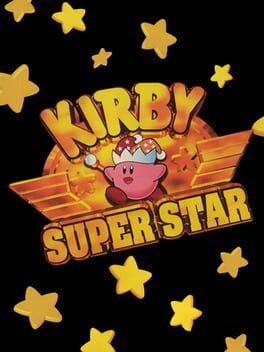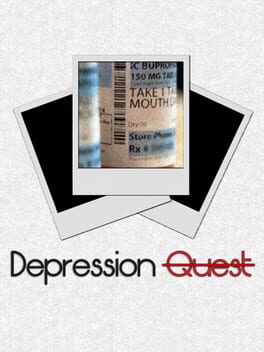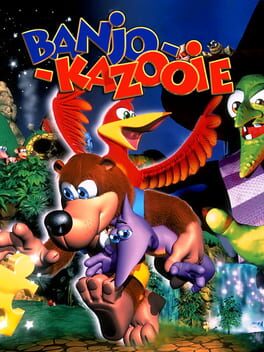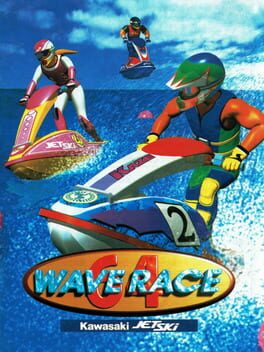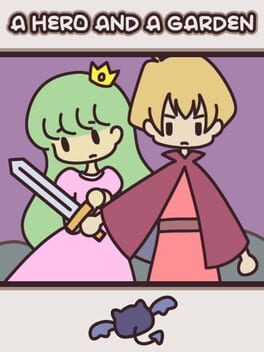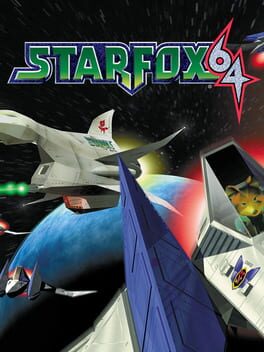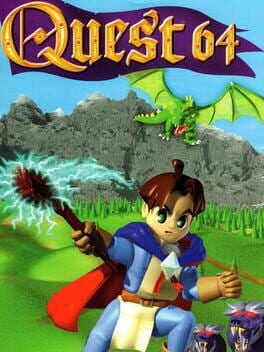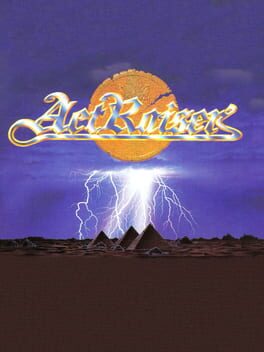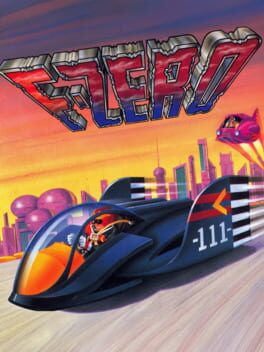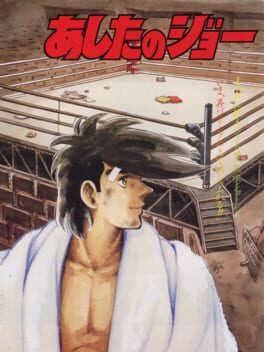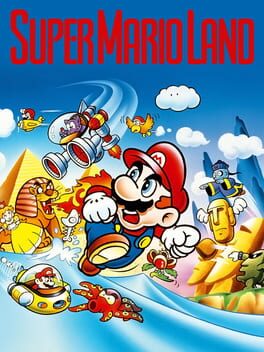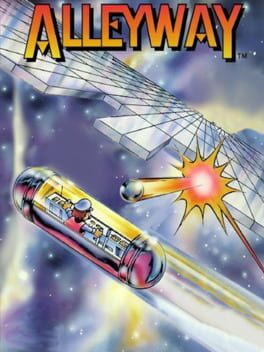Whom
BACKER
2016
2005
2001
I bought a hard drive for my PS2 with the eventual goal of replacing my physical collection. This was pre-loaded on the thing, and I gave it a shot after not recognizing its name on the list.
Frequency is like Guitar Hero except steeped in the turn of the millennium belief that all music converging with EDM was an inevitable eventuality. Oh, and you have to play every instrument at once, frantically switching between tracks to get your loops up and running. It's beautiful sensory overload, but since I suspect I have some kind of amusia and as a result am nearly incapable of playing rhythm games, I set my goal as simply getting through the DJ Q-Bert, Orbital, and Powerman 5k tracks played on Easy, being the only ones I really care about in the game.
I did it~
Frequency is like Guitar Hero except steeped in the turn of the millennium belief that all music converging with EDM was an inevitable eventuality. Oh, and you have to play every instrument at once, frantically switching between tracks to get your loops up and running. It's beautiful sensory overload, but since I suspect I have some kind of amusia and as a result am nearly incapable of playing rhythm games, I set my goal as simply getting through the DJ Q-Bert, Orbital, and Powerman 5k tracks played on Easy, being the only ones I really care about in the game.
I did it~
1996
2013
Depression Quest is brilliant for all the reasons it's said to be. It's one of the most important milestones in hypertext fiction, and especially notable as a part of the new wave of popularity and creativity the form got with the introduction of Twine.
The story of the 2010s in gaming was one that's familiar to every older art form: pushing the boundaries of what counts as a game, making much of the longstanding community around the form very angry, while also opening it up to those who were otherwise uninterested or unwelcome. Depression Quest wasn't unique in this area to anyone with even a passing familiarity with interactive fiction after the Infocom days, but its popularity and central place in the culture war of its day exposed it to an audience far beyond the IF community which took it as a threat to the purity of gaming. It pissed off the right people in the right way.
I love and deeply respect Depression Quest for itself, yes, but more than that the reverence I have for the game comes from historical happenstance. In an industry so deathly afraid of making games that confidently say anything at all or are interested in anything other than feeling good in your hands, Depression Quest became a symbol of reaching for literally anything other than simple mechanical fun. God bless it for that.
My strongest reasons for liking this are ideological, which was a pretty new concept for me when it came to games. In that way, it opened up a new kind of liking for me. Not only can I like games for what the experience of playing them is like, but I can like them for the argument they make about games as a medium...for what it can be, should be, and what's wrong with what it is.
There's so many fulfilling reasons to like a piece of art that I just kinda feel bad for people only able to appreciate gaming's default appeal of mechanical mastery.
The story of the 2010s in gaming was one that's familiar to every older art form: pushing the boundaries of what counts as a game, making much of the longstanding community around the form very angry, while also opening it up to those who were otherwise uninterested or unwelcome. Depression Quest wasn't unique in this area to anyone with even a passing familiarity with interactive fiction after the Infocom days, but its popularity and central place in the culture war of its day exposed it to an audience far beyond the IF community which took it as a threat to the purity of gaming. It pissed off the right people in the right way.
I love and deeply respect Depression Quest for itself, yes, but more than that the reverence I have for the game comes from historical happenstance. In an industry so deathly afraid of making games that confidently say anything at all or are interested in anything other than feeling good in your hands, Depression Quest became a symbol of reaching for literally anything other than simple mechanical fun. God bless it for that.
My strongest reasons for liking this are ideological, which was a pretty new concept for me when it came to games. In that way, it opened up a new kind of liking for me. Not only can I like games for what the experience of playing them is like, but I can like them for the argument they make about games as a medium...for what it can be, should be, and what's wrong with what it is.
There's so many fulfilling reasons to like a piece of art that I just kinda feel bad for people only able to appreciate gaming's default appeal of mechanical mastery.
1998
Is it too much to ask for a single shred of love or joy in my video games?
Look, I grew up with Jak and Daxter, a game very much cut from the same cloth as Banjo both in terms of the snotty tone and the gameplay itself and I love that. Nostalgia is no doubt a major factor there, but tight controls along with incredibly fluid and bouncy animation make that something I can still enjoy. Banjo is a floaty insincere mess that takes every opportunity it gets to dunk on its characters and blast obnoxious sounds from the player's speakers.
Look, I grew up with Jak and Daxter, a game very much cut from the same cloth as Banjo both in terms of the snotty tone and the gameplay itself and I love that. Nostalgia is no doubt a major factor there, but tight controls along with incredibly fluid and bouncy animation make that something I can still enjoy. Banjo is a floaty insincere mess that takes every opportunity it gets to dunk on its characters and blast obnoxious sounds from the player's speakers.
1996
With retro racing games, the question of why you're playing them apart from historical interest or nostalgia feels particularly pressing. Racing games have always tended toward very literal simulations and generally reach for realism, making them strange candidates for revisiting given that the current era is so technically superior when it comes to the things the genre values.
So we ask the games what they can give us.
"I have an rpg campaign!" says Gran Turismo.
"I have wacky physics and a killer soundtrack!" says Need for Speed II.
"I BOUNCE AND YOU CANT SEE SHIT" says Wave Race 64.
I've never seen a racing game so...fuzzy? It's impossible to tell where you're going as mist and fog and tight turns keep you constantly scrambling around the courses. You bob in and out of the water and an inconvenient wave can mean the loss of all your power or slamming right into an obstacle. The game so desperately wants to fall apart and be an unplayable clusterfuck and the fun comes from doing your best to plug the holes and hold it together as one piece.
So we ask the games what they can give us.
"I have an rpg campaign!" says Gran Turismo.
"I have wacky physics and a killer soundtrack!" says Need for Speed II.
"I BOUNCE AND YOU CANT SEE SHIT" says Wave Race 64.
I've never seen a racing game so...fuzzy? It's impossible to tell where you're going as mist and fog and tight turns keep you constantly scrambling around the courses. You bob in and out of the water and an inconvenient wave can mean the loss of all your power or slamming right into an obstacle. The game so desperately wants to fall apart and be an unplayable clusterfuck and the fun comes from doing your best to plug the holes and hold it together as one piece.
2019
1997
One of those games I've always held that I don't like, and while I still have many of the same problems with the floaty imprecise controls that I always did, I think I was too harsh on it and dug in my heels for no real reason. It's such a cute and charming little bite-sized game that's oozing with earnest love for Star Wars and I can't help but love that.
Star Fox 64 is mechanically thin and sloppy, but the campy flavor makes it enjoyable anyway.
Star Fox 64 is mechanically thin and sloppy, but the campy flavor makes it enjoyable anyway.
1998
1990
1990
There isn't much to get here from what amounts to a Mode 7 tech demo. The tunes are great and the illusion of visual depth works much better than it does in Super Mario Kart, but I got tired of the actual experience of playing it before I had even finished the first race. I got partway into the second league before turning it off.
1991
1989
I actually had a pretty hard time with this one. Your Mario muscle memory built up over a lifetime really works against you here, and you'll find yourself overcorrecting your stops and sliding off platforms backwards, landing right next to enemies instead of on their heads (sprites are WAY bigger than the actual hitboxes), and generally trying to play this faster than it's really built for.
But I dunno, it's still a good time and an incredibly fleshed out experience for a Game Boy launch title.
But I dunno, it's still a good time and an incredibly fleshed out experience for a Game Boy launch title.
1989
For whatever reason, Nintendo made a Mario Breakout and, despite knowing the branding power of Mario by 1989, didn't market it as a Mario game. I don't know what the thought was there, but the game is a solid enough version of breakout on a machine that was perfect for ports of the few successes that defined gaming in its infancy.
